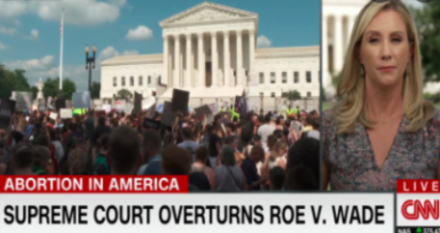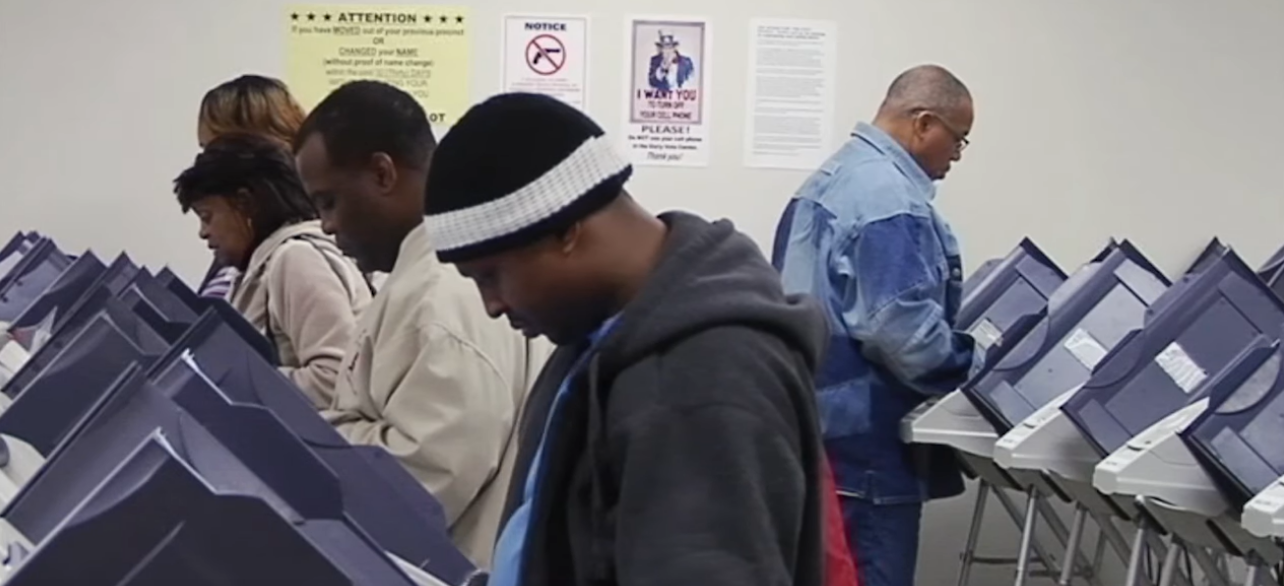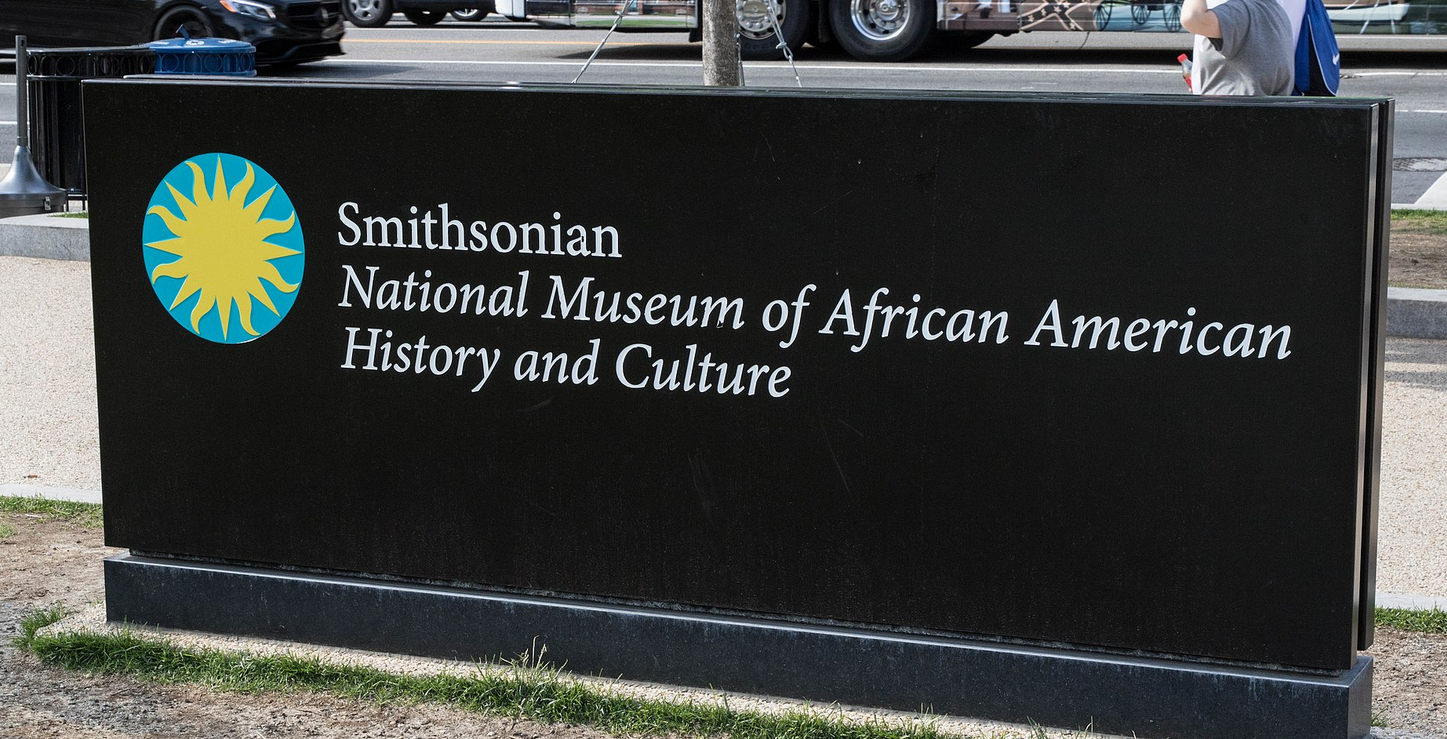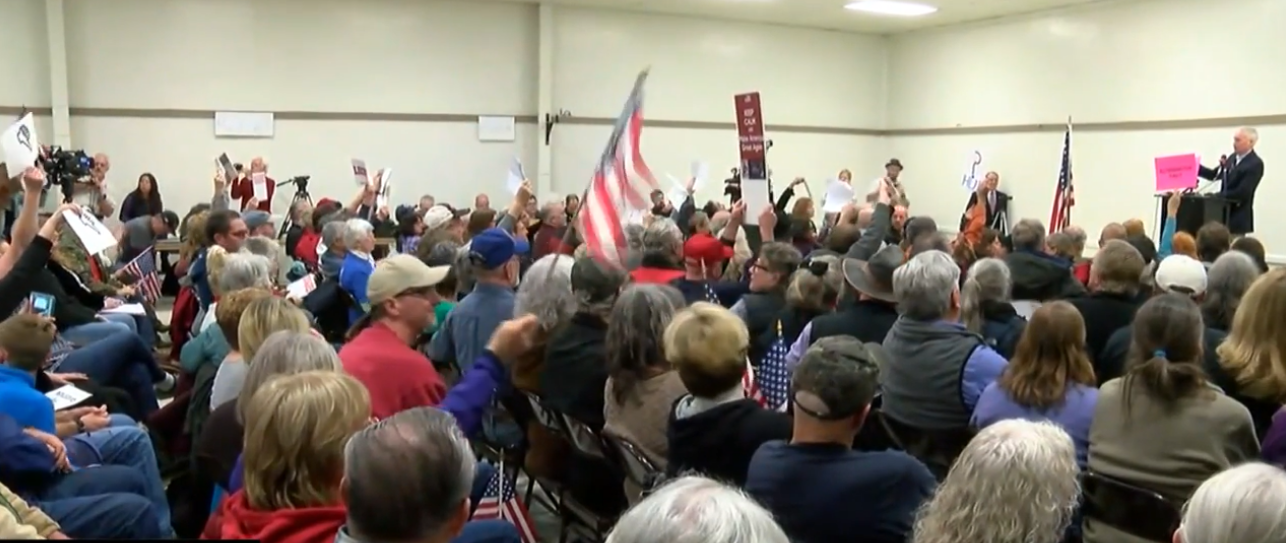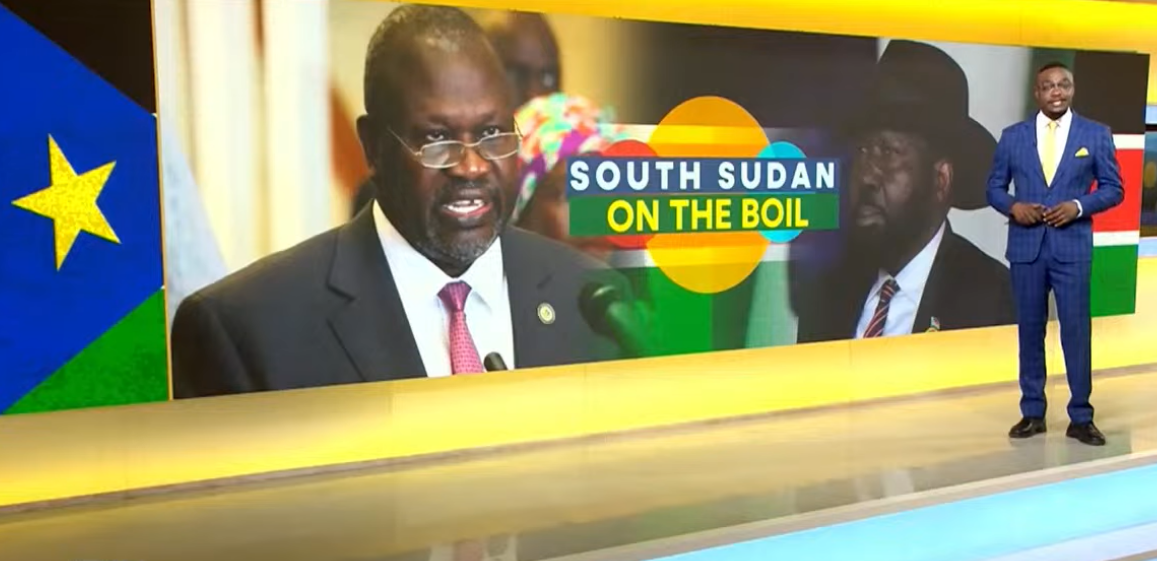Photos: YouTube
The Supreme Court decision to overturn Roe v. Wade is a shattering blow to women, as well as to anyone who believes that women should have the same rights and same autonomy over their bodies as men. It is an enormous victory for the forces of authoritarianism and misogyny. States will now punish women for having non-reproductive sex by forcing them, if they get pregnant, into involuntary servitude. It is an augur of minority rule.

I don’t consider any of those conclusions controversial. To the contrary, they are essential to understanding what the court’s decision really signifies.
But they are almost entirely missing from mainstream-media news coverage, which has instead presented the erasure of reproductive rights primarily as just another political issue with two sides and some complexity.
“There’s been a lot of good opinion writing,” Nancy MacLean, a scholar of the radical right at Duke University, told me in an interview. “But in the mainstream media coverage, there’s a lot of both-sidesism: an attempt to be fair in a way that doesn’t alert readers to what the real stakes of the situation are.”
“The mainstream media has bought into misogyny and sexism,” Carrie Baker, a professor at Smith College, told me. “I don’t even think it’s intentional misogyny and sexism,” she said. “It’s like unconscious bias. They’re so used to prioritizing the worldviews of white people and men that to do other than that feels biased. It infects the entire media.”
Mona Eltahawy, who writes the Feminist Giant newsletter, put it even more bluntly. “What the US media is incapable of doing is saying clearly that this is a white supremacist Christian movement driven by white supremacist, Christian zealots who are patriarchal to the core,” she said:
They’re tiptoeing around it, they don’t want to call them zealots, they don’t want to call it a theocracy, they don’t want to say they’re patriarchal, they don’t want to say they’re anti-feminist. They just tiptoe around all of this, mostly, because these are white Christian people, including white Christian women.
So let’s take a look at what the feminists I interviewed, and whose work I read, believe is missing from the mainstream news coverage.
It’s about women
“We’re looking at women facing involuntary servitude to the state,” said Nancy MacLean. “It’s a war on women—in the context of a war on democracy.“
“What’s missing from the press coverage is any real discussion of the agenda of having power over women’s lives and destiny,” said Jodi Jacobson, a journalist and longtime advocate of reproductive justice. The hostility towards women is on full display on social media, Jacobson said. “Basically, if you look at what these guys are saying online, they’re saying: ‘Your bodies are ours now.’”
Moira Donegan wrote in a stand-out Guardian column (6/24/22) about the many, many things the story was not about (but which the press is nevertheless obsessing over). Among them: “who was right and who was wrong,” “the US judiciary’s crumbling legitimacy” and the “vulgar” question of ”what this withdrawal of human rights might mean for [the Democratic] party’s midterm election prospects.”
She added: “The real story is not about the media who will churn out the think pieces, and the crass, enabling both-sidesism, and the insulting false equivalences and calls for unity.” Then came this powerful conclusion:
The real story is the women…whose lives will be made smaller and less dignified by unplanned and unchosen pregnancies, the women whose health will be endangered by the long and grueling physical process of pregnancy; the women, and others, who will have to forgo dreams, end educations, curtail careers, stretch their finances beyond the breaking point, and subvert their own wills to someone else’s.… The real story is the millions of women, and others, who now know that they are less free than men are—less free in the functioning of their own bodies, less free in the paths of their own lives, less free in the formation of their own families.
The fury of negation
The news on TV was so disconnected from her own reality that journalist Molly Jong-Fast (Atlantic, 6/27/22) wrote:
The idea that Roe was about anything other than power was so profoundly delusional that I felt like throwing my cellphone in Central Park’s Turtle Pond…. After a weekend of seeing media outlets treat the loss of Roe like everything else, I wanted to write something about how it really feels to watch the rights of my sisters being taken away. I wanted to write something about how it feels to watch the conservative Supreme Court spit on us. I am just one voice, but I want to tell you that I hear you. I understand your rage, and I feel it too.
“The media misses the punitive impulse of the entire right-wing coalition,” MacLean told me. Abortion wasn’t a major political issue until the early 1970s. It wasn’t until “it became associated with the woman’s movement and women’s freedom and autonomy” that the right wingers turned so ferociously against it.
Their core credo, MacLean said: “Women should not be able to engage in non-reproductive sex, and if they do, they should face the consequences.”
The road to Gilead
“I have not heard one media outlet talk about the fact that this is part of a Christian nationalist agenda,” Jodi Jacobson said. “What I have heard is media outlet after media outlet putting on the same people who have lied us to this place.”
Civia Tamarkin, a filmmaker whose 2017 documentary Birthright: A War Story was about the right-wing war on women, told me the old abortion imagery of danger and coat hangers is “missing the point, especially when they say ‘keep abortion safe.’”
“It needs to be jail bars now,” she said. “Abortion is safe, but people are going to self-induce with medication and they’re going to be charged criminally. They’re going to end up in jail.”
Tamarkin described her documentary as “a real-life Handmaid’s Tale.” Now we’re one big step closer to Gilead. “The similarity is government-forced child-bearing to populate a country. That’s what it’s all about,” she said. “’Handmaid’s Tale’ is about a theocratic autocracy, and that’s exactly what we are living now.”

In the book, all-white Gilead is suffering from depopulation. In the US, Tamarkin said, the equivalent is “the white nationalist fear of ‘replacement.’” Replacement theory has recently made a huge public resurgence in the right-wing media. It stipulates that Western elites, manipulated by Jews, are bringing nonwhites into the United States to replace white voters in order to achieve their social and political goals, which ultimately include the extinction of the white race.
The anti-abortion movement—at least in part—“is very much about maintaining white supremacy in a time of a dwindling white population,” said Carrie Baker. But, I asked, won’t an abortion ban also lead to more nonwhite babies? “They can disenfranchise people of color,” Baker said. “But they need more white bodies.”
The economic toll
“What’s really missing is what this means for women’s basic equality,” Caroline Fredrickson, a senior fellow at the Brennan Center for Justice, told me. “Controlling reproduction is what has enabled women any facsimile of equal status.”
Fredrickson said that Treasury Secretary Janet Yellen’s comment in May should have gotten more press coverage. Yellen told a congressional committee: “I believe that eliminating the right of women to make decisions about when and whether to have children would have very damaging effects on the economy and would set women back decades.”
Fredrickson said the economy “depends on women’s liberty, and women’s liberty depends on bodily autonomy, as well as significant investments in family supports.
“Only if we see how women are hampered in having a truly fair playing field in the economic sphere will we recognize the true burden of forced parenting—and parenting without social and financial supports,” Fredrickson said.
The threat to democracy
Amanda Marcotte wrote a powerful piece in Salon (6/24/22) casting the decision as “a malignant minority imposing an authoritarian will on the majority.”
“The end of Roe isn’t just a tragedy for human rights,” she wrote. “It’s the surest sign yet that American democracy is collapsing, and Republicans are securing the ability to force the majority of Americans that keep voting against them to live under minority rule.”
Similarly, Duke’s Nancy MacLean mocked the view that “Oh we’re not taking away this fundamental right, we’re just giving it back to the states.” With the Supreme Court’s blessing, Republicans who control state governments have rewritten district lines and passed laws that make it almost impossible for Democrats to win even with a majority of the votes.
“It’s a fiction to say that somehow democracy is operating at the state level,” MacLean said. “We’re not going to be able to fix this, because we no longer have operative democracies.”
The science is clear
“I think that what is bad about the media coverage right now is that it is acting as if there are both sides to science and to medicine,” Pamela Merritt, executive director of Medical Students for Choice, said in an interview.
“They don’t do that with any other area of medicine,” she said. “I would like to see the press cover some of the outrageous claims about abortion the same way they covered the use of dog de-wormer to treat Covid,” she said. “They don’t take that kind of aggressive stance” when it comes to anti-abortion conspiracy theories, she said.

Abortion is safe. It is significantly safer than carrying a child to term. It’s also common (as well as popular). Journalists shouldn’t attribute those facts as if they were opinions. (It’s like climate change that way.)
“It is more common than major dental surgery in this country,” Merritt said. “One out of three or four people capable of pregnancy get an abortion,” she said. “Just look at the numbers.”
The anti-abortion movement is a huge, well-funded machine, underwritten by billionaires like Charles Koch and a network of dark-money donors.
“It’s not grandmas out in front of a clinic,” Merritt said. “I don’t appreciate reading articles that make it sound like the pro-abortion and reproductive rights movement lost to a bunch of grandmas in front of clinics. We lost to a well-funded, coordinated national campaign that doesn’t have to address any dissent in their ranks.”
The role of the Catholic Church
There’s been little if anything in the news about the role of the American Catholic Church in getting Roe overturned. But Smith’s Carrie Baker says its role is central, and sinister.
“The architect of the anti-abortion movement in the US is the US Conference of Catholic Bishops,” she said. “The Catholic Church has bankrolled this movement. They bankrolled the packing of the court.” All six justices who concurred in the Dobbs opinion were raised Catholic.
And Baker said it is not a coincidence that the church also has a long and sordid history of condoning pedophilia and sexual abuse of parishioners by priests. “Sexual abuse and forced pregnancy are two sides of one coin,” she said. “And that coin is misogyny.”
Women are notoriously excluded from the Catholic hierarchy. “They want to keep women subordinate,” Baker said. “I think they want to continue the sexual abuses of women and children,” she said. “How else do we make sense of this confluence of events? I think it’s a fundamentally corrupt institution that wants to maintain its power, to be able to take sexual advantage of children and women.”
Usual suspects in denial
One reason the news stories you’re reading and hearing are insufficiently cataclysmic about the extent to which this is an attack on women and a move toward authoritarian theocracy is that the people reporters normally call for comment aren’t talking like that either.
“None of the major pro-choice groups, of which I am no longer a fan, are framing it that way,” said Jacobson.
And while news reporters reflexively turned to Democratic leaders to find out what’s next, opinion writers have correctly pointed out that those Democratic leaders just don’t get it.
“Aside from a very vocal progressive segment, Democrats from President Biden on down have uttered their disdain but frankly, they are devoid of the anger and passion that this perilous moment demands,” independent journalist Nida Khan wrote on Medium (6/28/22).
Indeed, the White House appears to be trying hard to make the overturning of Roe into an “everyone” issue, with President Biden, for instance, stressing “the broader right to privacy for everyone.”
But it’s about women. The top issue for Democratic leaders right now is the midterm elections, not women. So leadership on this issue will have to be found elsewhere.
Sample nut graphs
What are some of the essential paragraphs of context missing from new stories about the overturning of Roe?
Tamarkin answered:
I would put in there that this is not about abortion, this is about control and power and the intersectionality of racism, sexism and classism by a fearful white nationalist portion of the country that is determined to obliterate the line between church and state and create an autocratic theocracy. It’s not about controlling pregnancy, it’s about controlling the population demographics here. It’s about suppressing people of color and a return to the enslavement that comes with economic subjugation.
Merritt said articles should stipulate that abortion is incredibly safe.
It is the most regulated medical procedure in any state in the US. That abortion is common, and that bodily autonomy is fundamentally a human right. I would also add that we cannot stop abortion. You cannot put the pill back in the bottle. What we’re really talking about is sending people who are capable of pregnancy to jail.
Write more like this
I’ll end by expressing appreciation and quoting for one excellent piece in the New York Times on Wednesday by Julie Bosman (6/29/22), who wrote:
In dozens of interviews this week, American women who support abortion rights recalled the moment when they heard that Roe had been overturned, and the waves of shock and fury that followed. They reflected on how access to legal abortion had quietly undergirded their personal decisions, even if they had never sought one themselves. They worried that the progress many women have made since abortion was legalized — in education, the workplace and in the culture—would be halted.
And they reconsidered their own plans and those of their children: whether they should live, work or attend colleges in states where abortion has been banned, how they could help other women with unwanted pregnancies, and whether they would ever recover the constitutional right to receive a safe abortion, a guarantee that tens of millions of women have known their entire lives.
“It’s been quite disorienting, in terms of our humanity,” said Jennifer Solheim, 47, who teaches literature at the University of Illinois Chicago.
One article like this isn’t nearly enough, though. That every woman has had her citizenship degraded and that the forces of autocratic theocracy have triumphed is essential context for every story about the death of Roe.
This post originally appeared on Dan Froomkin’s website Press Watch (6/30/22).
